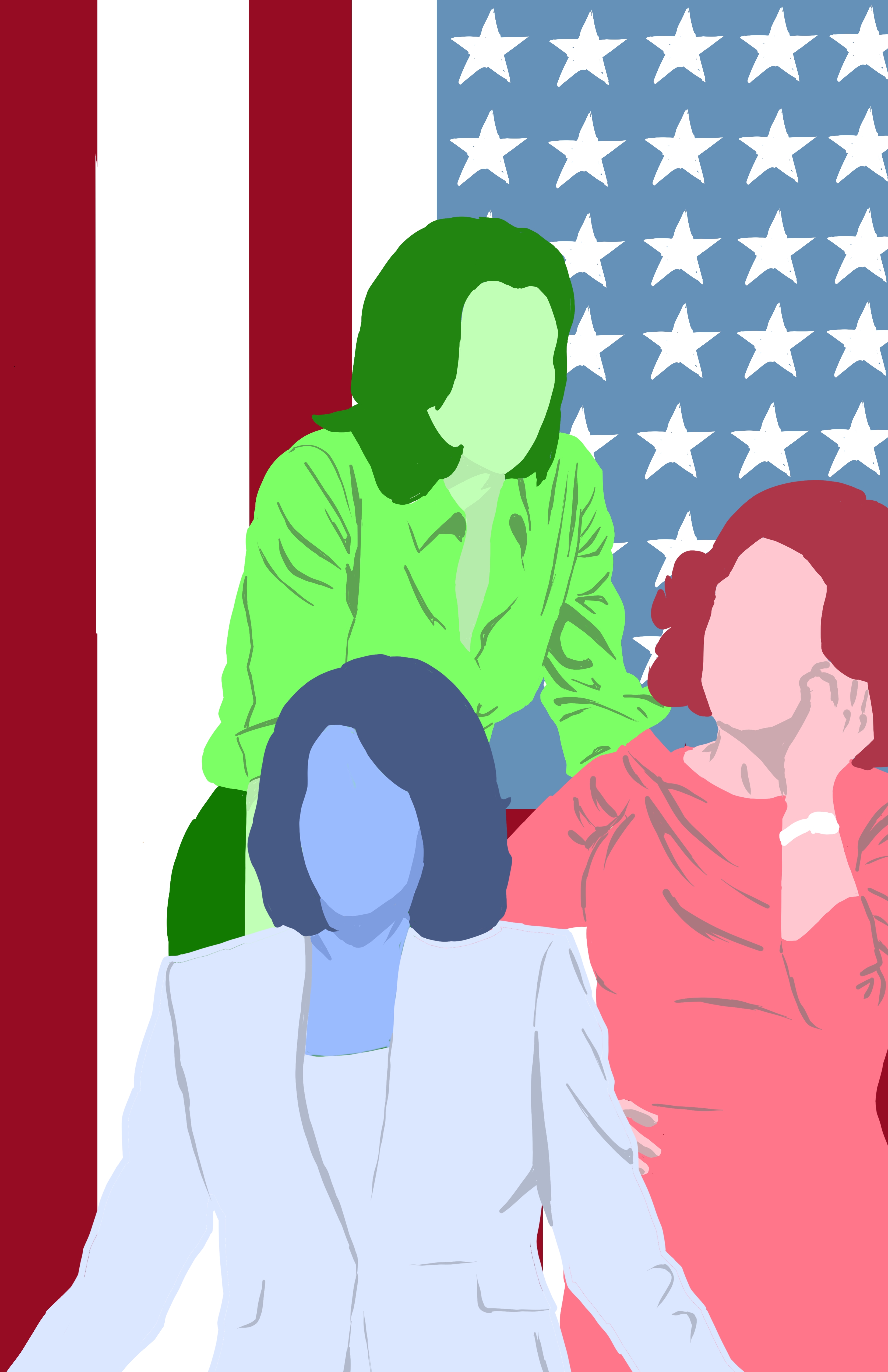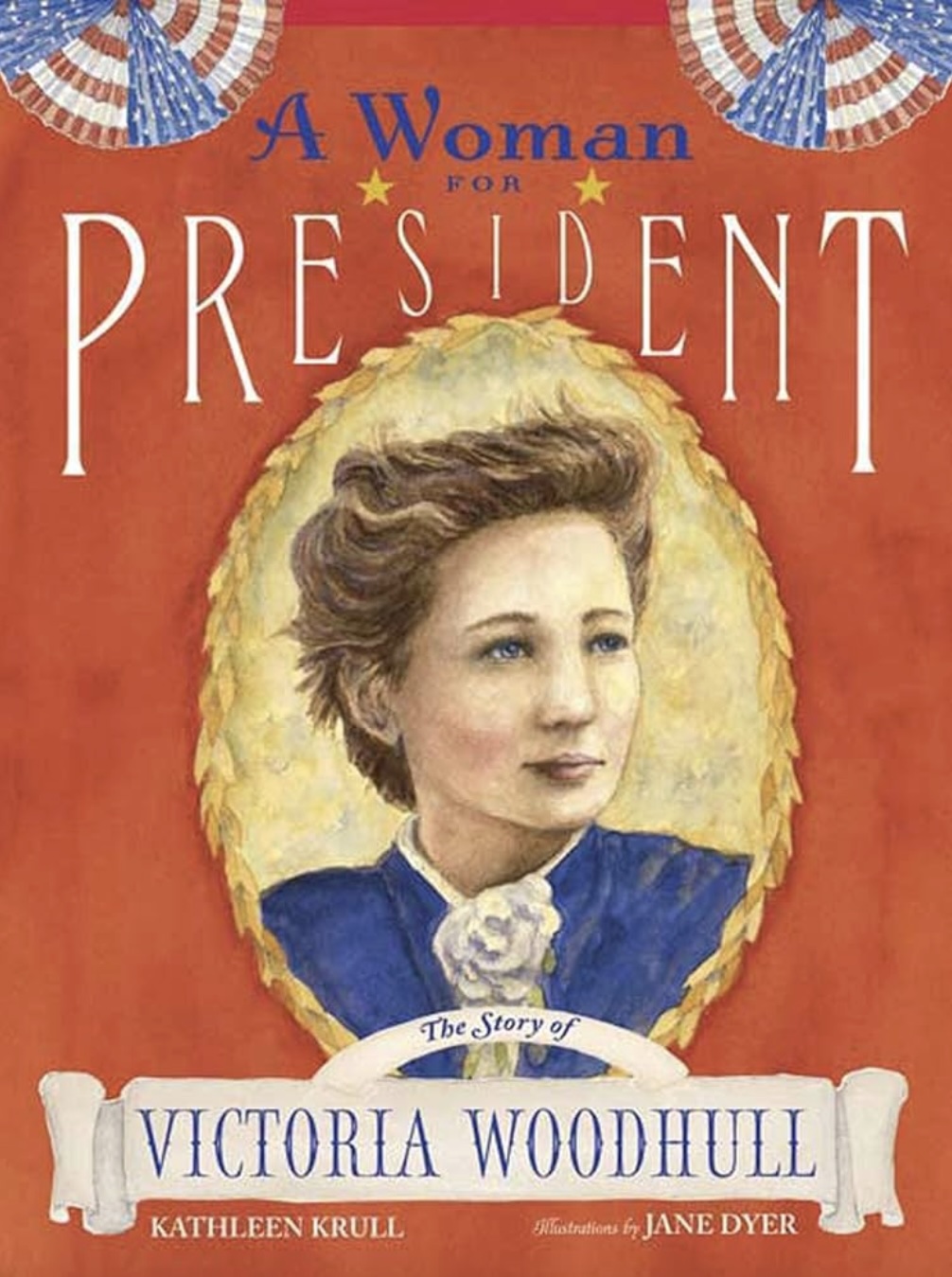Will The US Ever Elect A Woman President?
Gallery

In the United States, women have made significant progress over the past fifty years. Due to many factors, including economic shifts and social movements, their role in society has changed. The majority of college graduates are women, and they have become leaders in male-dominated careers such as medicine and law. They have also steadily increased both their economic and political participation, including a woman running as the Democratic candidate for president in two of the last three elections.
However, despite these advancements, women are still underrepresented in leadership positions. Women represent more than half of the voting population but only 28 percent of Congress, 24 percent of governors, and 37 percent of mayors of the nation’s one hundred largest cities. In addition, women account for the majority of college graduates but only about a third of full professors and university presidents. Though women are the majority of law firm associates, men still dominate federal judgeships, state supreme courts, law firm partnerships, and corporate counsel positions. It seems that opportunities for advancement are limited for women—which raises the question, “How can a woman become president when she is still kept out of the boardroom?”
These disparities compromise the fundamental principles of equal opportunity. Everyone should have the opportunity to succeed through their own talents and ambition. The U.S. government has established laws that protect against discrimination based on gender, but it would further strengthen the integrity of our governing institutions if women had greater representation in leadership.
There are many reasons as to why women are underrepresented in leadership positions.
Among them are deeply rooted cultural norms and societal expectations. Nahla Haidar, Associate Dean of the Henry Ford College School of Science, Technology, Engineering, and Mathematics (STEM) said, “We are brought up to believe that we can only do some things. I grew up in Senegal and when I began to pursue my education, I was the only girl in the classroom. It wasn’t encouraged for women to study mathematics and people didn’t think we were smart enough. Some of my professors would often try to embarrass me in front of other students. It was very intimidating. But I stuck with it and out of thirty students that passed, I was one of them.”
Dr. Patricia Chatman, Dean of the HFC School of Business, Entrepreneurship, and Professional Development (BEPD) believes that representation is important. “There has always been a glass ceiling in higher education. There is still a racial hierarchy. You have to fight to keep the door open for people that represent your community. If they are not present, then those voices are not heard. That’s why it’s important to include people with diverse backgrounds.” She continued, “My parents picked cotton on a plantation and I am a dean at Henry Ford College.” Dr. Chatman observes, “Wherever I go, I bring my history.”
Another reason women are underrepresented in leadership positions is the lack of mentorship. Women are less likely to receive mentorship than men, which affects their career advancement. Regarding this problem, Haidar responded, “I would have liked to have someone that could have guided me— like a mentor. I had to discover a lot of things on my own. I probably would have gotten to this position sooner.” Dr. Chatman added, “I didn’t really get any advice but I got something from my mother. She told me that people are always going to tell you things but it is up to you if you believe it. You become what they think you are if you believe it. So I have always had the mindset that I can do what I want. I’ll figure it out.”
The qualities that make a great leader are stereotypically associated with men. As a result, men are assumed to be more competent than women. But what qualities actually make an effective leader? Haidar answered, “They work with people and help bring them together. When I was at Wayne State University, I learned that you have to meet your own expectations. If I expect my students to be on time, then I must be on time as well. You also need to listen to the people around you and acknowledge what they are saying.”
Dr. Chatman said, “You have to know your craft. Be confident and believe in yourself. It’s often not discussed, but you also have to connect with people and build relationships.” She went on to tell a story about how she got her position. “I got a call and went to the panel interview. There were twelve people sitting around a table, and I saw the man that interviewed me before walk out of the room. I thought, ‘That’s a man, I’m not getting this job.’ But I decided to go through with it.” To Dr. Chatman’s surprise, “They called me back months later for another interview. I found out that I was the only candidate for the position.”
With the 2028 presidential election not too far away, there are strong indications of women who will be running, including Kamala Harris making another bid, as well as possible rising stars like Alexandria Ocasio-Cortez and Michigan’s own Governor Gretchen Whitmer. I, for one, am hoping the U.S. is finally ready to elect a woman president.
The United States has a long history of women running for president. In 1872, Victoria Woodhull became the first woman to run for president, even though she could not vote. She was nominated by the Equal Rights Party to run against Horace Greeley and Ulysses S. Grant; the latter eventually won the election. Woodhull ran on a campaign for labor reform, racial and gender equality, welfare for the poor, and abolition of the death penalty. She was also a strong proponent of the Free Love movement, which promoted reproductive freedom and sexual health. While she didn’t appear on the ballot of the election, she still opened the door for female politicians.
Nearly a hundred years later, Shirley Chisholm made history as the first Black woman elected to the U.S. Congress and later became the first Black woman to seek a major party’s nomination for president, running for the Democratic Party. She was a founding member of the Congressional Black Caucus and a co-founder of the National Organization for Women. She strongly advocated for anti-poverty programs, reproductive rights, civil rights, and educational reform. Chisholm did not receive the presidential nomination from the Democratic Party, but she inspired future generations of political leaders. There have been many more women who have run for president, including the following:



